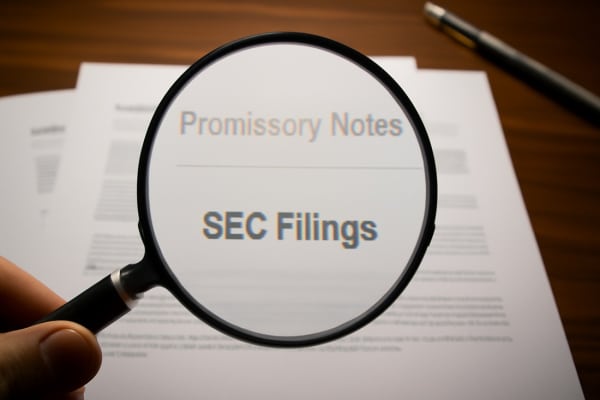House flipping for profits. What could be a better investment over the last several years? For those who don’t have time or expertise to actually flip houses, financial investment opportunities through private investments and bankrolling real estate flippers have become readily available. The funds aren’t typically big, but if you’re in a hot real estate market, no doubt you’ve been tempted to get in the game.
And who better to help you with your financial investment portfolio in residential real estate than Brady Jack Speers of Mansfield, Texas, Chatree “Ben” Thiranon, and Blue Star Texas? Not so fast. In June of 2025, a Texas District Court entered final judgments against Speers, Thiranon, and Blue Star after the investment fraud case went to trial. This was documented in an official SEC Litigation Release and a corresponding SEC Complaint.
During 2017 to 2022 (part of the housing boom), Defendants raised $8 million from 40 investors for flipping houses. While the investment scam was relatively small, the investors, who were probably not financial tycoons, lost a significant amount of money.
The Investment Vehicles
Blue Star issued both general promissory notes with one-to-four-year terms and interest rates of 8 to 27.5%. The funds were to be used in common real estate activities. Blue Star also began offering property-specific investments, requiring investors to execute Joint Property Partnership Agreements which purportedly provided investors with a security interest in the specific property. The investor would get repaid with interest after the property closed or could roll over the investment. While the documents maintained that Blue Star would use the money for real estate-specific expenses, there was no mention of paying any kind of management fee or general compensation to Blue Star, Speers, or Thiranon.
Where is the Money?
The good news—Blue Star did actually purchase, renovate, and sell properties. However, the picture is less than rosy. Defendants misappropriated “at least $2.9 million dollars of commingled investor funds (approximately 36% of the total amount raised from investors) for their personal use.” Inevitably, “Blue Star could neither make the promised interest payments on the notes nor repay investors’ principal, due in large part to Defendants’ misuse of investor funds.”
Ponzi Scheme
While Blue Star distributed approximately $3 million to investors in principal and interest payments, around “$1.3 million (or 16% of the funds raised) were paid out as Ponzi-like payments. Blue Star was paying older investors with new investors’ money.
How Investors Might Have Spotted the Investment Fraud

- Proactive Communication: When investing, calendar important dates in the beginning. Note when investment vehicles mature and interest payments are due, also make a note to contact the company prior to the date to make arrangements for how the money will be returned. This might have helped several of the Blue Star investors, as Blue Star rolled over at least eight investments to new properties without investor authorization or notification. Additionally, the Defendants retained investor funds for at least two investors beyond the promissory note’s maturity date without authorization.
- Verify Assets: In the case of real estate interests, deed records, or at least accessing County Appraisal District information, can be done online. Blue Star misrepresented ownership interests in eight properties, and on multiple occasions, Blue Star actually was only providing rehab labor to a third party, meaning Blue Star had no interest to give or share with investors. In addition, of the 40 properties Blue Star used for investments, only three properties had liens recorded against them.
- Research Persons Before Handing Over Money: Speers summarized his past as a very successful business person, with details of his accomplishments. Not surprisingly, Speers omitted a prior SEC lawsuit resulting in a final judgment against Speers, and two personal bankruptcy filings under Chapter 7.
All investments have risk, so don’t rush into investments without performing your due diligence. Often times, even investments recommended by family and friends, can lead to tremendous losses. We hope all your real estate, commodities, foreign exchange, and oil and gas investments are safe and profitable.
But if you find yourself searching for an experienced real estate investment fraud attorney, oil and gas litigator, or a commercial litigation lawyer, we are here to help.

Mark A. Alexander, P.C.
8150 North Central Expressway, 10th Floor
Dallas, Texas 75206
Phone: 972-544-6968
Fax: 972-421-1500
Email: mark@markalexanderlaw.com
Web: commerciallitigationtexas.com
Web: oilandgasfraudlawyer.com
About the Author Mark A. Alexander is an accomplished attorney with over 21 years of experience in commercial litigation. He is a member of the Multi-Million Dollar Advocates Forum and has a 70% trial success rate in commercial litigation. He holds the highest peer-reviewed rating, AV Preeminent from Martindale-Hubbell.
Learn more about Mark A. Alexander and his qualifications here.

